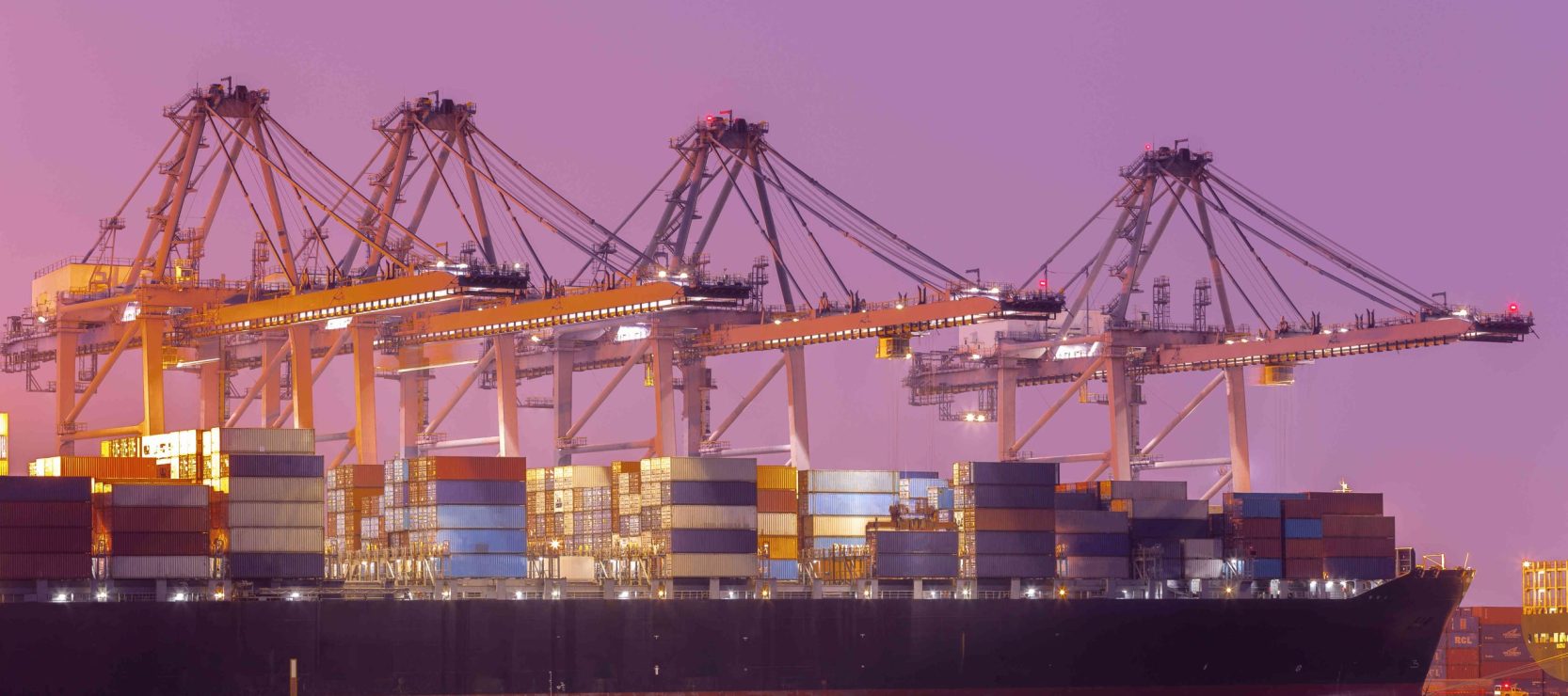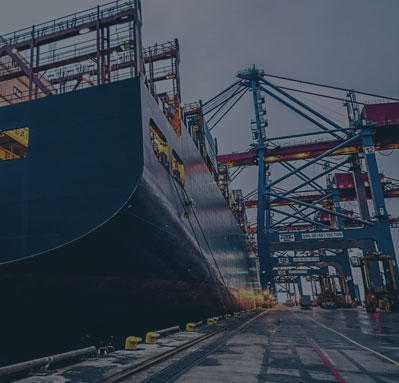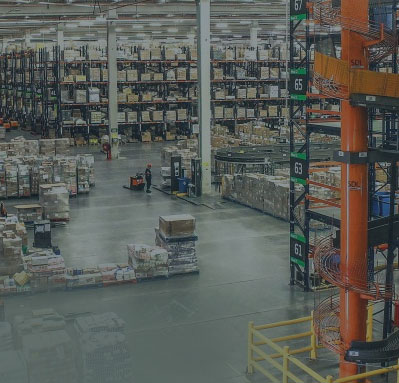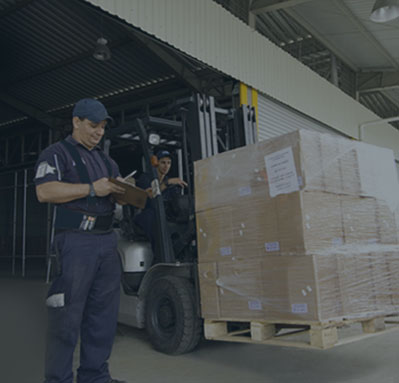In the ever-evolving world of global logistics, efficient and cost-effective freight forwarding is essential for businesses of all sizes. Whether you’re a seasoned professional or a newcomer to international trade, there are common pitfalls that can disrupt your supply chain, lead to unexpected expenses, and damage your reputation. In today’s blog, we’ll shed light on some of the most prevalent freight forwarding mistakes and provide guidance on how to avoid them.
Neglecting Proper Documentation
Handling extensive paperwork associated with international shipments is a fundamental aspect of freight forwarding. Neglecting or mishandling critical documents like bills of lading, customs declarations, and certificates of origin can result in customs delays, fines, and even cargo seizure. To prevent this costly mistake, it’s essential to establish a robust document management system and verification process. Consider employing digital document solutions to streamline and enhance accuracy in document handling.
Additionally, implementing comprehensive staff training programs focused on document management procedures and best practices can further reduce the risk of errors. Moreover, staying up-to-date with the latest changes in international trade regulations and documentation requirements is essential to ensure compliance and smooth cross-border shipments.
Inadequate Risk Assessment
Insufficient risk assessment in the realm of international logistics can yield dire consequences. Unexpected occurrences like natural disasters, political turbulence, or disruptions in transportation can wreak havoc on your supply chain, resulting in substantial financial setbacks. To safeguard your operations, it’s imperative not only to conduct meticulous risk assessments but also to proactively devise robust contingency plans. In an ever-changing global landscape, proactive measures are paramount in ensuring the resilience and continuity of your logistics operations.
Choosing the Wrong Freight Forwarder
Choosing the appropriate freight forwarder holds significant weight in international trade. Opting for an inexperienced or unreliable forwarder can spell shipping delays, damaged goods, and financial setbacks. When considering a partnership with a freight forwarder, it’s crucial to engage in thorough research, review assessments from other clients, and actively seek recommendations to identify a reputable and experienced freight forwarder capable of customizing their services to meet your unique needs. Furthermore, engaging in direct conversations with potential forwarders can provide deeper insights into their capabilities and compatibility with your business.
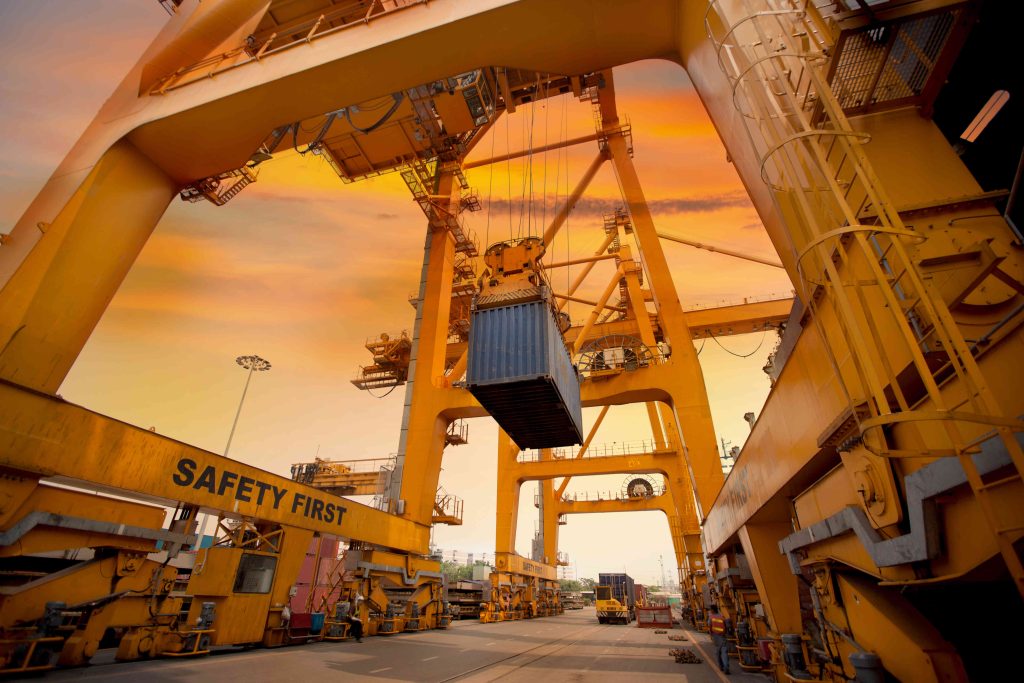
Ignoring Customs Regulations
Navigating the intricate maze of customs regulations can be a daunting challenge, and non-compliance can come at a high cost. Each country maintains its unique set of rules and prerequisites governing imports and exports, encompassing aspects like tariffs, duties, and licensing. It is imperative to cultivate a comprehensive understanding of the customs regulations specific to your target markets. Collaborating closely with experienced customs brokers is paramount to ensure the seamless and efficient clearance of your shipments through these complex processes. By doing so, you can minimize the risk of costly delays and penalties while ensuring adherence to international trade laws.
Insufficient Cargo Insurance
Failing to provide adequate insurance coverage for your cargo is a frequent and potentially expensive oversight. Even when you take precautions to safeguard your shipment, unforeseen accidents or events can lead to substantial financial setbacks. Insufficient cargo insurance can expose you to significant financial risks. To effectively mitigate this potential danger, it’s crucial to establish a close collaboration with your freight forwarder. Together, you can secure the precise insurance coverage that aligns with the value and characteristics of your cargo, ensuring comprehensive protection and minimizing the potential for financial losses.
Poor Communication
Flawless communication is a cornerstone of successful freight forwarding, and any disruption can trigger misunderstandings, delays, and costly errors. It is imperative to establish and maintain clear, open lines of communication not only with your freight forwarder but also with customs brokers and all other stakeholders integral to your supply chain. By providing timely updates and responding promptly, you can proactively stave off misunderstandings and potential issues, ensuring the smooth and efficient flow of your logistics operations.
Not Utilizing Technology
In our modern digital era, harnessing technology plays a pivotal role in boosting the efficiency of your supply chain. Neglecting to adopt technological solutions could mean overlooking valuable tools for tracking, analyzing data, and automating essential processes. To stay ahead in the game, it’s essential to stay informed about the latest breakthroughs in logistics technology and contemplate their integration into your operations. This can lead to streamlined processes and improved visibility, enhancing your overall supply chain performance.
Overlooking Incoterms
Incoterms (International Commercial Terms) define the responsibilities and liabilities of buyers and sellers in international transactions. Not understanding or properly utilizing Incoterms can lead to confusion and disputes over shipping costs, responsibilities, and risks. Familiarize yourself with Incoterms and choose the appropriate terms for your transactions to ensure clarity and alignment with your trading partners.
A few of the most essential Incoterms for 2023 include:
- EXW (Ex Works)
- FCA (Free Carrier)
- FAS (Free Alongside Ship)
- FOB (Free on Board)
- CFR (Cost and Freight)
- CIF (Cost, Insurance, and Freight)
- CPT (Carriage Paid To)
- CIP (Carriage and Insurance Paid To)
- DAT (Delivered at Terminal)
- DAP (Delivered at Place)
- DDP (Delivered Duty Paid
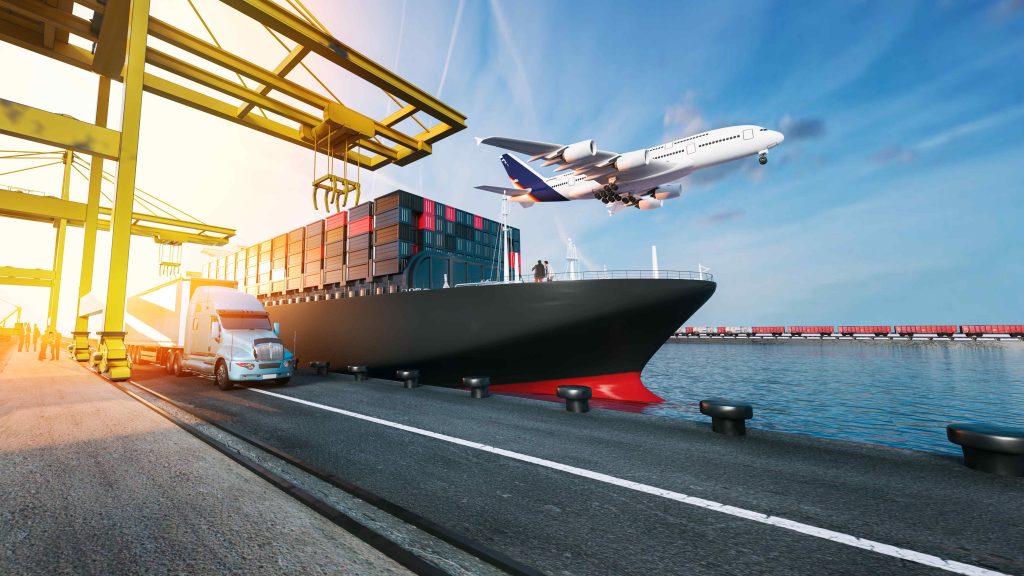
Underestimating Lead Times
Underestimating lead times is a common oversight that can disrupt your supply chain and result in customer delivery delays. Precisely gauging the time required for customs clearance, transportation, and other international shipping processes is crucial. Additionally, incorporating buffer time into your schedules can account for potential delays or unexpected issues, ensuring your operations remain punctual and responsive to customer demands.
Lack of Contingency Planning
Unforeseen circumstances can disrupt even the most well-planned logistics operations. To safeguard your business from disruptions beyond your control, it’s imperative to have contingency plans in place. These contingency plans should include:
- Alternative Routes: Identifying and planning alternative transportation routes to mitigate delays caused by unexpected events.
- Backup Suppliers: Establishing relationships with backup suppliers to ensure a steady supply of critical materials or products during disruptions.
- Logistics Partners: Collaborating with alternative logistics partners who can step in to support your operations in times of crisis.
By developing comprehensive contingency plans that encompass these elements, you can enhance your business’s resilience and maintain continuity in the face of unexpected challenges.
Avoid Common Freight Forwarding Mistakes with Cargoline
In the complex realm of international logistics and freight forwarding, avoiding common pitfalls is paramount to ensure the efficiency and success of your operations. By addressing these challenges, you can streamline your supply chain, minimize risks, and enhance your global competitiveness. Don’t allow these mistakes to hinder your business growth. Take proactive steps to navigate them effectively.
At Cargoline, we specialize in international logistics and customs brokerage, offering tailored solutions that align with your unique needs, preferences, and budget. Avoid common freight forwarding errors by partnering with us and experience the benefits of a personalized approach.
Contact us today to optimize your international logistics and ensure the smooth flow of your goods worldwide. Schedule your consultation today.
